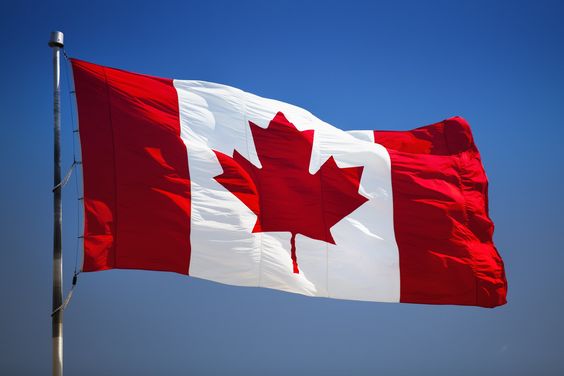What is Canada Official Name?
Canada, in its official capacity, is known as the “Dominion of Canada.” This title carries deep historical significance and legal weight, symbolizing the country’s evolution and sovereignty.
Origins of the Name
Historical Background
The term “Dominion of Canada” originated in the British North America Act of 1867, which laid the foundation for Canada’s confederation. It represented a compromise between the aspirations of Canadian leaders for self-governance and the interests of the British Empire. Read about Is Canada Bigger than the US
Legal Documentation
The usage of “Dominion” in Canada’s official name was formally recognized in the Constitution Act of 1867, marking a pivotal moment in the country’s legal framework. Over time, this designation became entrenched in Canadian law and governance.

The Evolution of Canada’s Name
Changes Over Time
While the official name remained consistent, Canada witnessed various alterations in its constitutional and political structures. Amendments and reforms shaped the nation’s identity, reflecting shifts in governance and societal values.
Significance of Alterations
Each modification to Canada’s legal framework reflected evolving national priorities and aspirations. The country’s official name served as a constant amid transformative periods, anchoring Canadian identity amidst change. Don’t Miss to Check Out Our Website: Globall Browse
Implications of Canada’s Official Name
Domestic and International Perception
The designation “Dominion of Canada” carries historical weight, evoking images of resilience, unity, and progress. Internationally, it underscores Canada’s status as a sovereign nation with a distinct heritage and identity.
Legal and Diplomatic Implications
Canada’s official name holds legal significance in domestic and international contexts, shaping diplomatic relations and legal proceedings. It serves as a cornerstone of Canadian law, affirming the country’s constitutional principles and sovereignty.
Canada’s Official Name in Different Languages
Translation and Interpretation
Across linguistic and cultural boundaries, the name “Dominion of Canada” assumes diverse interpretations and translations. Its resonance varies among different linguistic communities, reflecting the intricacies of language and cultural context.
Common Misconceptions
Confusion with Provinces
Some individuals mistakenly conflate Canada’s official name with its provinces or territories, overlooking the distinct legal and historical significance of the term “Dominion of Canada.”
Similarities with Other Countries
The term “Dominion” may evoke parallels with other nations or territories, yet Canada’s designation carries unique historical and legal connotations that distinguish it from other entities.
Importance of Recognizing the Official Name
Cultural Identity
Acknowledging Canada’s official name is integral to understanding the country’s cultural heritage and national identity. It reflects the aspirations and achievements of Canadians throughout history.

National Unity
The official name serves as a unifying symbol for Canadians across diverse backgrounds and regions. It embodies the values of democracy, inclusivity, and respect for diversity that define Canada as a nation.
Conclusion
Canada’s official name, the “Dominion of Canada,” encapsulates the nation’s journey from colonial roots to independent sovereignty. Through its historical resonance and legal significance, this title embodies the spirit of Canadian identity and unity.
FAQs
- Why is Canada called a “Dominion”?
- The term “Dominion” reflects Canada’s historical ties to the British Empire and its evolution towards self-governance within the Commonwealth.
- Is “Dominion of Canada” still used in official documents?
- While the term is less common in everyday discourse, it remains a legally recognized designation in certain contexts, emphasizing Canada’s constitutional heritage.
- How does Canada’s official name differ from its provinces?
- While provinces have distinct names and jurisdictions, the “Dominion of Canada” represents the entire country as a sovereign entity under constitutional law.
- Are there any efforts to change Canada’s official name?
- There have been sporadic discussions about revising Canada’s official name, but such proposals have not gained significant traction due to the historical and legal significance of the term “Dominion of Canada.”
- What impact does Canada’s official name have on international relations?
- Canada’s official name underscores its status as a sovereign nation in diplomatic affairs, reinforcing its commitment to international cooperation and respect for international law.






